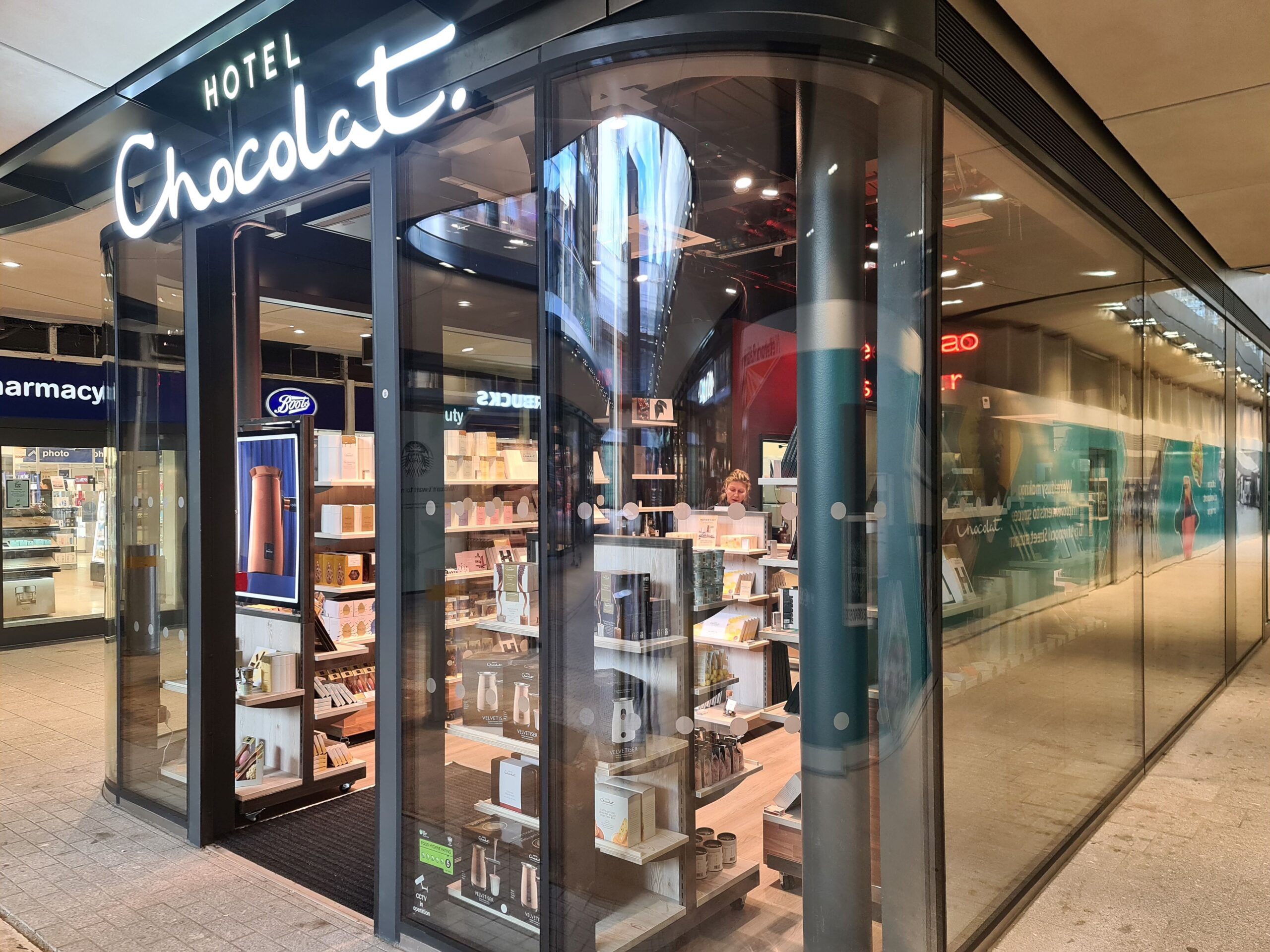Top travel brands are strengthening their multi-device offering, with 80% successfully optimising their websites for mobile, a new report finds.
The report, launched by digital user experience agency Sigma, contains independent, expert-testing of the user experience and accessibility of 10 of the top travel websites, including Skyscanner, AirBnb, LateRooms, Booking.com, LastMinute, OnTheBeach, British Airways, Virgin Atlantic, Co-operative Travel, and Expedia.
Between 2014 and 2015, 89% of holidaymakers booked a holiday online, and 40% booked a holiday via mobile or tablet in the same period – highlighting the potential returns for travel companies that invest in their offering across mobile and tablet devices.
Of the travel websites tested, eight out of 10 were mobile-friendly, and nine of the businesses had built their own dedicated mobile app, suggesting that they are investing in their multi-device strategies.
The findings also discovered that all of the brands had taken steps to make their site either responsive or adaptive – meaning it will modify itself depending on the device it is opened on – which offers an improved experience for users across these mobile technologies.
However, only half of the websites were tablet-friendly, suggesting that these travel companies might have skipped this important step in favour of a tailored mobile app.
Hilary Stephenson, managing director at Sigma, explains: “The statistics show that holidaymakers are booking a lot of their trips online across different devices, and our research proves that the top travel websites have taken this on board. It should be a given that all websites are usable across devices, particularly now we’re moving more and more online, meaning consumers are increasingly wanting to be able to access information and services on the move via a mobile or tablet. We weren’t surprised, therefore, to find that all of the websites had either a responsive or adaptive mobile site. It is important that these businesses have this same attitude to being easy to use on tablet devices, as one in four of holidaymakers use this device to book a trip. Although it was encouraging to discover that the majority of these businesses had built their own dedicated mobile app – taking it one step further to ensure they are available to consumers on multiple platforms – they need to remember that some consumers will be accessing them on tablet via a browser, and avoid skipping this step.”
Stephenson continues: “Mobile apps give these travel businesses the freedom to provide a unique user experience for their customers on the move, and will provide a good return on investment. As a result, we think it’s just a matter of time before all travel companies have their own mobile app, but first, they need to make sure their websites are easy to use on tablet devices.”
The news comes hot on the heels of reports that 60% of all travel searches start on a mobile as we reported earlier this week.
The Hitwise research of 3million shoppers on 1million devices found that Brits are increasingly turning to their mobiles to kick off holiday plans, with 83% of searches for the ‘best time’ to visit a holiday location initiated on a mobile device. Logistical arrangements are also mobile-lead with 68% of searches for ‘flights from’ and 83% of searches for ‘flight status’ also made via a mobile device.






